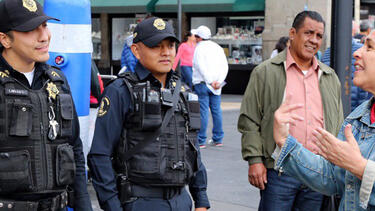Diversity and Inclusion
For Women, Female Peer Groups Are Crucial for Career Advancement
When women have more female peers in their MBA programs, they are more likely to reach senior management roles, according to a new study co-authored by Yale SOM’s Menaka Hampole.

What’s the Path to Equity in Health?
We talked to Dr. Marcella Nunez-Smith, a Yale internist and an expert on the structural barriers to equitable treatment and health outcomes for people of color and other vulnerable populations.

What Kamala Harris’s Nomination Means for Women’s Equality
If Joe Biden is elected this November, Kamala Harris would be the first woman and the first person of color to serve as vice president. We asked Prof. Oriane Georgeac, who studies perceptions of diversity, if Harris’s nomination heralds an acceleration of progress for women generally.
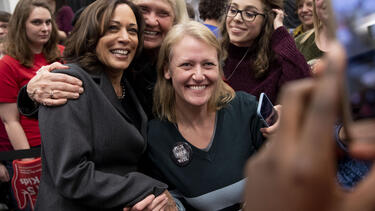
Rethinking Police Organizations
Prof. Rodrigo Canales has spent his career investigating how to transform the institutions that shape our lives. Effective police reform, he says, begins with shifting the focus from deterring crime to helping the whole community feel safe.
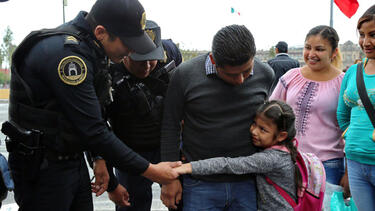
How Cash Bail Creates a Two-Tiered System of Justice
Kaitlin Koga ’17, chief of staff for the Bail Project, argues for an alternative to bail that she believes would deliver more equitable justice and improve public safety.
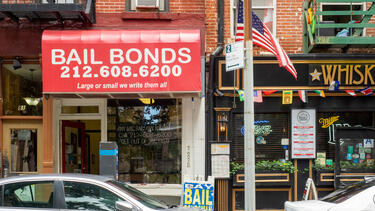
Study: To Maximize Productivity, Affirmative Action Should Continue Indefinitely
Maximizing the productivity of the workforce will require ongoing policies to boost minority participation, according to a study by Yale SOM’s Aniko Öry and Michèle Müller-Itten of the University of Notre Dame.

The Wealth Gap Facing Black Americans Is Vast—and Vastly Underestimated
For every $100 in wealth held by a White family, a Black family has just $10. But studies by Yale’s Jennifer Richeson and Michael Kraus show that Americans believe that the disparity is much smaller.
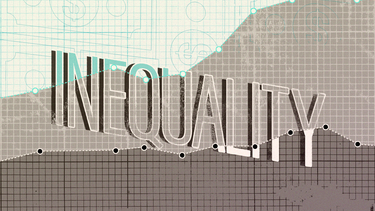
What Allies Should Know about Interracial Communication
A majority of White Americans say that the Black Lives Matter movement has prompted them to have conversations about race. We asked Yale SOM’s Cydney Dupree, who has studied how people from different racial groups communicate with each other, what her research says about the dynamics of the current moment.
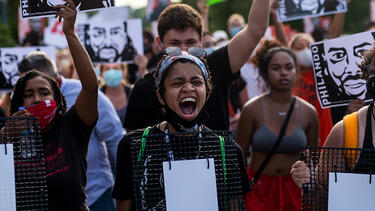
How You Can Invest in Racial Justice
Yale SOM’s Teresa Chahine and a panel of experts discussed how businesses, financial firms, and regular investors can make choices that empower local businesses and increase opportunity.
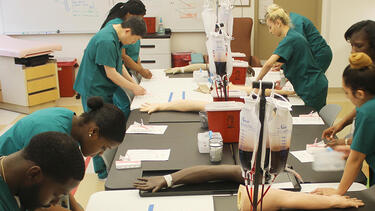
How to Start Addressing Racism and Inequality in Your Organization
Yale SOM leadership expert Heidi Brooks says that many companies have a bias toward taking quick action that is ill-suited to a complex and ambiguous issue. Instead, organizations should reflect on their own culture and power dynamics and create a long-term plan for impact.

To Stop Violent Policing, Build Effective Police Organizations
For the last three years, Yale SOM's Rodrigo Canales has led a project studying police forces in Mexico and testing approaches to building more effective and trusted departments.
